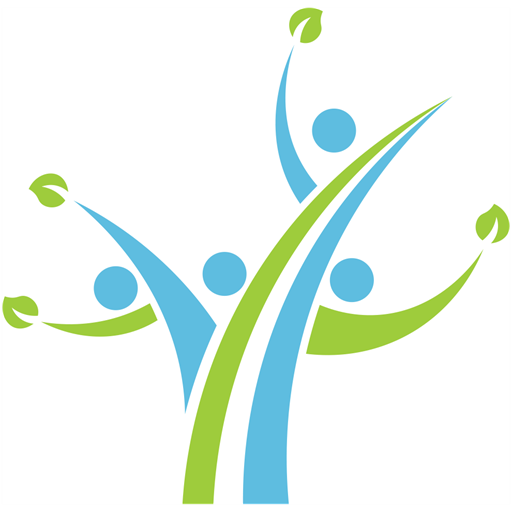The following vignette is about my family’s first emigration, from South Africa to Israel, August 1988, and is written in 2 parts.
I remember our family’s arrival at Ben Gurion Airport in Tel Aviv, the excitement, the hope, the curiosity and the whimsically odd feeling as we went directly into the office of the Interior Ministry, located at the airport. We were to receive our identity documents! A quaint notion, coming as we did from a country that did not require us to carry identity documents. Suddenly we were confronted by having to choose names in Hebrew, which foreshadowed our new, nascent identities. My name, Michael Cohn, is phonetically pronounced “my-kil kon” in English, but the Hebrew equivalent is “mee-gha-el core-hen”, and so I became “mee-gha-el” from then on, an imposed and strange-sounding moniker which never really assumed its essential vocative or evocative characteristics.
This strange-sounding series of phonemes, “mee-gha-el”, presaged my new identity and was a prescient augury of how I would grow to experience the loss of my old identity.
But identity is not merely one’s name. It is the sum total of who one is, from whom one has evolved, one’s roots, one’s country, one’s friends, one’s family, one’s school, one’s whole world as embodied by one’s unitary past. These notions have been eloquently written about in many books – there are thousands of articles, papers and books on acculturation and migration – and I mention a few. Edward Said – ‘The Paradox of Identity’, and ‘Out of Place’, both of which deal with the dislocation of migration and its effects, are poignant memories which haunt the author. Merely flipping through the index section of another touching book, ‘Lost in Translation’ one notes just 3 sections – Paradise, Exile and The New World. The Exile section brings home the pain, alienation and wrenching which accompanies relocating to another country with different norms and social conventions, ideas and values. Yet another book, ‘Letters of Transit: Reflections on Exile, Identity, Language and Loss’, is further trenchant and touching writing on this painful theme – reflection on relocating – with with its ineluctable consequences of exile, shifting identity, unfathomable language and biting, excruciating loss. So, too, writings on: “Where do you get your Personality? and “What does it mean to be a Person? are replete with these themes. In a wonderful article titled “Understanding Ourselves” one of the paragraphs is headed: “How do I Relate to the Society in which I Live and Work”. The bulk of the article deals with one’s self-construct and this is so very relevant in terms of making sense of the world, both in prospect and in retrospect.
I was soon typecast as an immigrant, marked by my strange behaviour and odd accent, – someone who is assigned a particular social standing and someone who is defined in stereotype. This is like a wound, itching, purulent, scabrous, fetid, inflamed, constantly requiring sensitive and containing attention. Each experience of the very differences in being was another thrust of the knife – painful and inexorable – the flowing blood draining away life’s past essence, leaving an anaemic and emaciated shell to face the world. Every day brought new challenges to meet – different driving habits (reckless and dangerous in my then world-view), a strange diet, different banking rules (which made little sense to me – and some credit cards (American Express) were unknown to my bank manager), finding a doctor, a dentist, schools for my children and so on. No internet then, just telephone directories written in Cuneiform or Hieroglyphed gibberish, each strange mark or letter, a goulish reminder of how helpless and infantile my experience of the world was becoming.
I had to learn a new language. The import of that was that for the first year or so, I could not look up the Hieroglyphics book, the telephone directory, and could not understand the newspapers or television. Parent-teachers meetings were gladiatorial shouting matches with resonant shrieks and utterances unknowable to me. I could not ask for specific products in the supermarket (don’t think of simple everyday stuff – think of Bicarbonate of Soda, bleach, Methylated Spirits). And as I struggled to make myself understood, I became aware of how I was becoming a non-person. People did not have patience to struggle with this odd fellow who was obviously stupid simply because he was not articulate.
Suddenly I realised how infantilised I felt, reliant as I was on others to help me with otherwise mundane daily living.
Social intercourse was difficult – how does one repartee with no language, or indeed, repartee in a newly-learned language? How could I practise law, despite having requalified (13 subjects in 8 exams). Yes, I had been admitted to the Israeli Bar Association, but I struggled hopelessly to understand the judges I appeared before, let alone finding the correct words with which to represent my clients?
This being, who once was Michael Cohn, B.Com, LL.B., Advocate of the Supreme Court of South Africa, Advocate of the High Court of Lesotho, a former director of a group of companies employing some 1000 people, had gradually become this mute immigrant lawyer. Not only could I not speak sufficiently well to earn a living as a lawyer, but I was so far removed from the norms and cultural values of my new society that I had scant chance of assessing motives, reading people and feeling my way.
I became mired in the Rashomon effect of two realities, two lives, two narratives, each one clamouring for attention.
In part 2 of this blog, I will offer some more theoretical concepts, as well as further personal experiences.
Michael Cohn – November 2014
